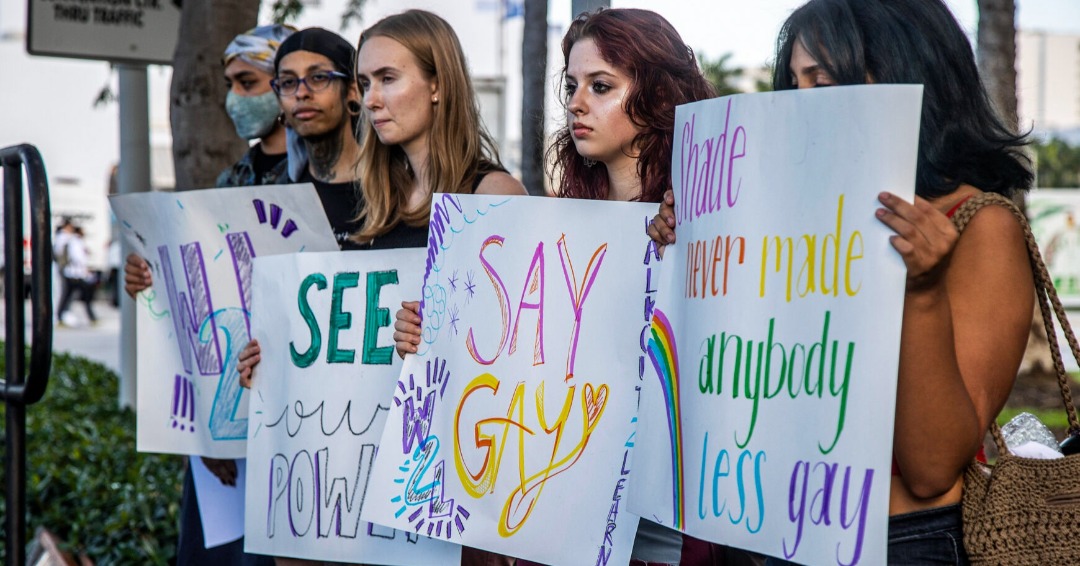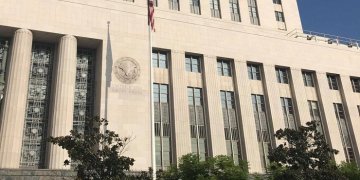PEN America’s Report Unveils Disturbing Trends in 2023 Legislation
By Dolores Quintana
Mostly conservative lawmakers all over the United States have been engaging in an effort to restrict education by using so-called gag orders,” aiming to limit discussions on subjects like race, gender, American history, and LGBTQ+ identities in schools. A report from PEN America, called Censored Classrooms 2023, has been monitoring such bills through its Index of Educational Gag Orders. In the 2023 state legislative sessions, 110 bills categorized as educational gag orders by PEN America were introduced, with 10 becoming law. Additionally, four gag orders were imposed via executive order or state/system regulation, including two in Florida and one each in Arkansas and California. As of November 1, 2023, a total of 40 educational gag orders have become law or policy across 22 states.
Estimating the impact on educators, a conservative figure suggests around 1.3 million public school teachers and 100,000 public college and university faculty are affected. The direct impact on students, through class cancellations, censored teachers, and reduced school library collections, likely reaches into the millions, creating a significant chilling effect on public education nationwide. You can read the full report here.
PEN’s report delves into the educational gag orders introduced and passed in the 2023 legislative sessions and the repercussions of laws enacted in 2022 and 2021. Key trends identified include a shift in the focus of K–12 educational gag orders towards restricting speech about LGBTQ+ topics, particularly evident in bills mirroring Florida’s HB 1557, known as the “Don’t Say Gay” law. In higher education, legislators have introduced bills targeting the foundational support network of academic freedom and free speech, affecting university governance, curricula, faculty tenure, DEI offices, and accreditation agencies.
New surveys reveal the extensive toll of educational gag orders on K–12 and college teachers. Encouragingly, resistance to these measures is growing, with organized opposition gaining momentum and notable successes. However, the report predicts the likelihood of continued legislative efforts to censor educational institutions in 2024, driven by an escalating trend observed in the past three sessions, with the upcoming general election expected to contribute to this trajectory.























